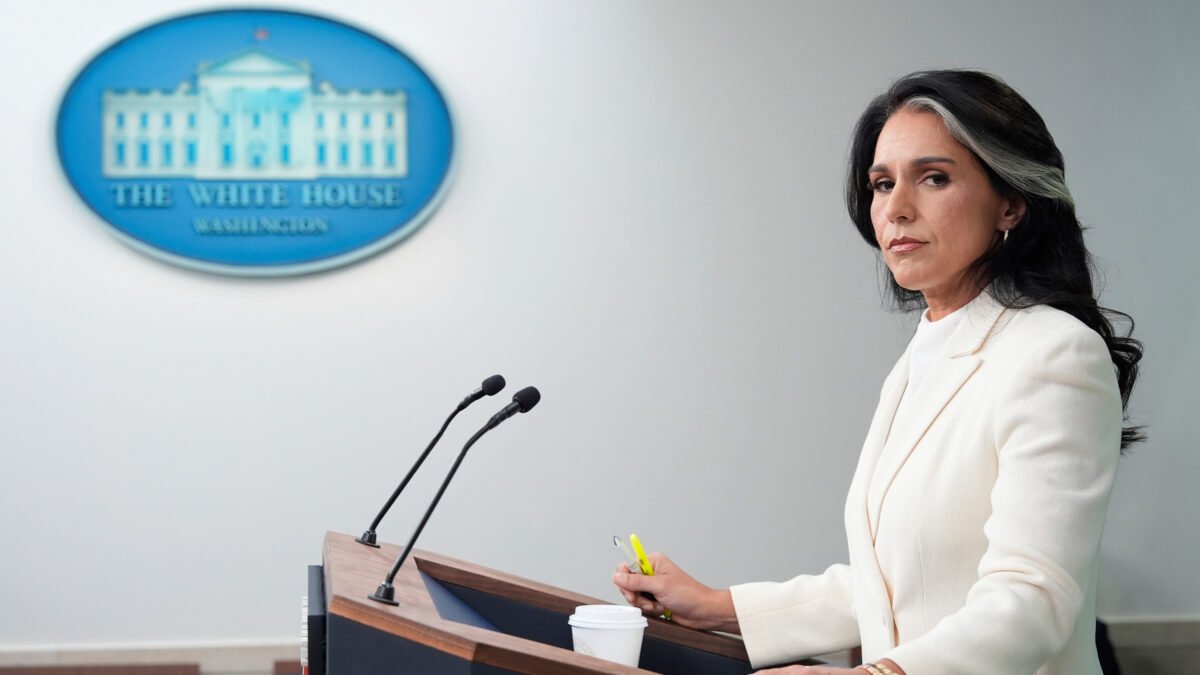In an era where bloated bureaucracies too often substitute activity for achievement, Director of National Intelligence Tulsi Gabbard has drawn a line in the sand. Her newly announced reform package — ODNI 2.0 — is not just a restructuring; it is a full-scale reorientation of the U.S. intelligence community toward what it was always meant to be: lean, constitutional, and apolitical.
By the end of fiscal year 2025, the Office of the Director of National Intelligence will shrink by nearly 50%, saving taxpayers an estimated $1.3 billion annually. It’s a rare and unapologetic attempt to cut government waste at the very top of the intelligence food chain.
For a department created after the 9/11 attacks to integrate the sprawling intelligence apparatus, Gabbard’s move is both symbolic and practical: an admission that the system meant to fix systemic failure has, over time, become a source of dysfunction itself.
Personnel reductions of 30–40% will be carried out by September 30, with direct notifications going to those affected. Multiple intelligence centers — including the Foreign Malign Influence Center, the National Counterproliferation and Biosecurity Center, and the Cyber Threat Intelligence Integration Center — will be either refocused or folded into existing frameworks. Even the National Intelligence University will be shut down and transferred to the Department of Defense’s National Defense University, eliminating redundancies and consolidating training efforts.
But this isn’t just a fiscal maneuver. It’s a cultural overhaul.
Gabbard’s message is clear: the ODNI has strayed from its mandate, becoming entangled in partisan politics, internal power struggles, and intelligence leaks that have done more to erode public trust than to protect national security. “Over the last 20 years,” Gabbard stated, “ODNI has become bloated and inefficient, and the intelligence community is rife with abuse of power… ODNI and the IC must make serious changes.”
Her vision? A stripped-down, elite force of intelligence professionals whose sole mission is to “find the truth and provide objective, unbiased, timely intelligence to the President and policymakers.” That ideal isn’t new — but the execution has rarely looked like this.
“Action without intelligence is foolish,” said one senior ODNI official. “But intelligence without action is useless.” In other words, information is not enough. Intelligence must inform policy — or it’s just noise.
By grounding ODNI 2.0 in the U.S. Constitution and directly aligning it with President Trump’s executive orders, Gabbard is signaling more than reform — she’s drawing a philosophical contrast with the legacy of intelligence politicization that plagued previous administrations. Her reforms were green-lit by Trump himself, and officials are already praising her for taking bold and necessary steps that others feared to take.
Of course, such a sweeping shakeup will not be without resistance. There will be critics. There will be discomfort. But the core mission — to protect the American people with honesty, clarity, and precision — is being reasserted with unprecedented conviction.



